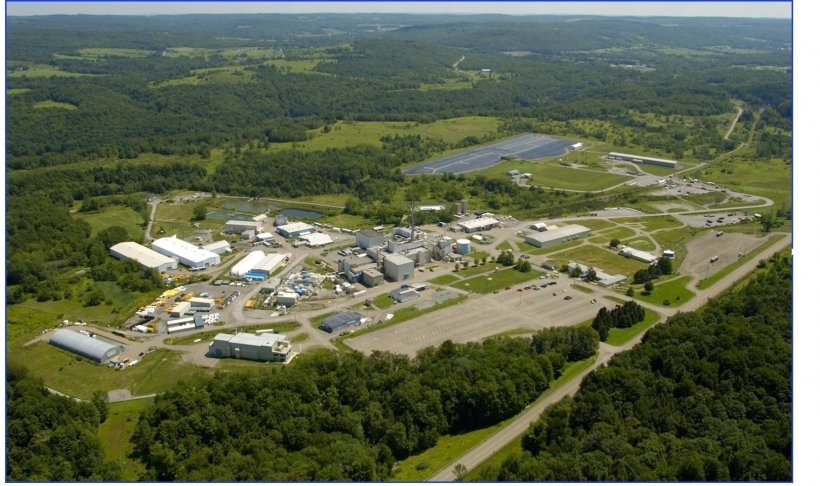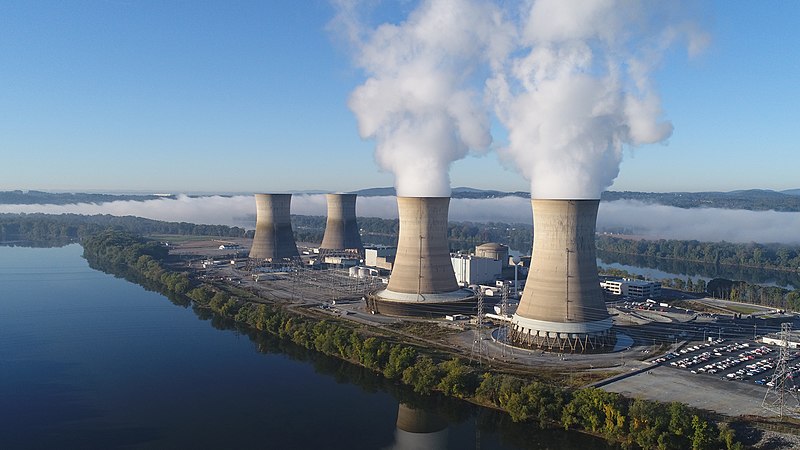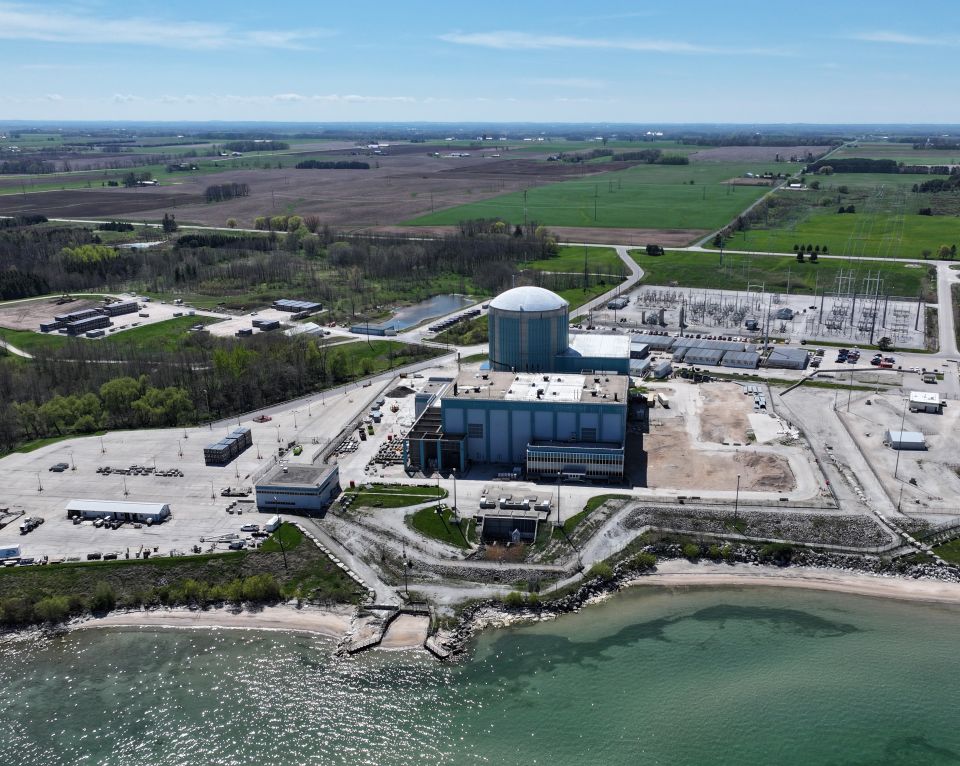The NRC states that its goals in amending the regulations are to “maintain a safe, effective, and efficient decommissioning process; reduce the need for license amendment requests and exemptions from existing regulations; address other decommissioning issues deemed relevant by the NRC; and support the NRC’s Principles of Good Regulation, including openness, clarity, and reliability.”
Emergency preparedness, irradiated fuel management: Nesbit addressed several of the NRC’s proposed regulatory changes in his comments, urging a number of clarifications and other revisions. In the NRC amendments on emergency preparedness, he pointed out possible inconsistencies, contradictions, and redundancies—specifically, related to time period required for submittal of revisions to preparedness plans and whether or not certain changes require submittal to the NRC for approval. Regarding the commission’s rules on the Irradiated Fuel Management Plan, Nesbit suggested removing a requirement for license amendments for any cost or schedule changes, which he argued would be “overly burdensome.”
Funding assurance, physical security, cybersecurity: On the NRC’s guidelines on decommissioning funding assurance, Nesbit recommended that the definition of “decommissioning planning”—currently left vague—be modified to include the preparation of a historical site assessment, a site characterization report, and the license termination plan. In the area of physical security, Nesbit urged the NRC to clarify the definition of the expression “decrease the safeguards effectiveness” to take into account issues of interdiction and neutralization under different plant conditions. Regarding cybersecurity, Nesbit recommended clarifying those elements of the “concern” Fitness for Duty—analogous to the “concern” Cyber Security—as they apply to the Insider Management Program (IMP) at Level 1, as well as clarifying that once Level 2 is achieved, no elements of cybersecurity would be needed for the IMP.
Drug and alcohol testing, environmental considerations: In terms of drug and alcohol testing, Nesbit suggested the development of a “stand-alone industry guidance document specific to fitness for duty requirements for an insider mitigation program appropriate for decommissioning facilities.” Regarding environmental considerations, Nesbit agreed with the NRC that a new supplement to the 1988 Generic Environmental Impact Statement on Decommissioning is needed, but he opined that while timely, “this effort should not be tied to the proposed decommissioning rulemaking effort.
The full set of ANS comments is available on the NRC’s rulemaking website at regulations.gov/comment/NRC-2015-0070-0257.









